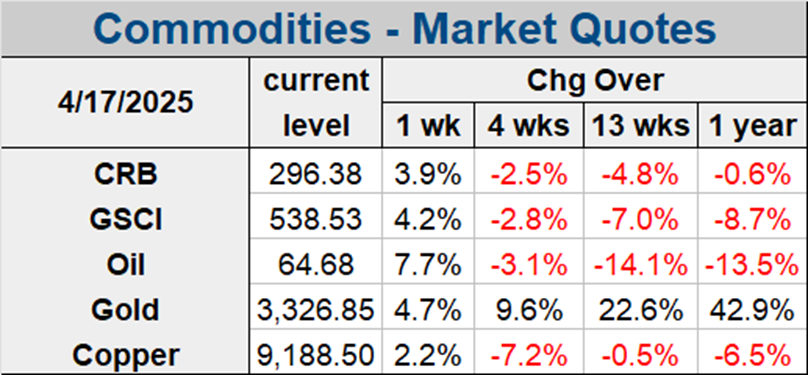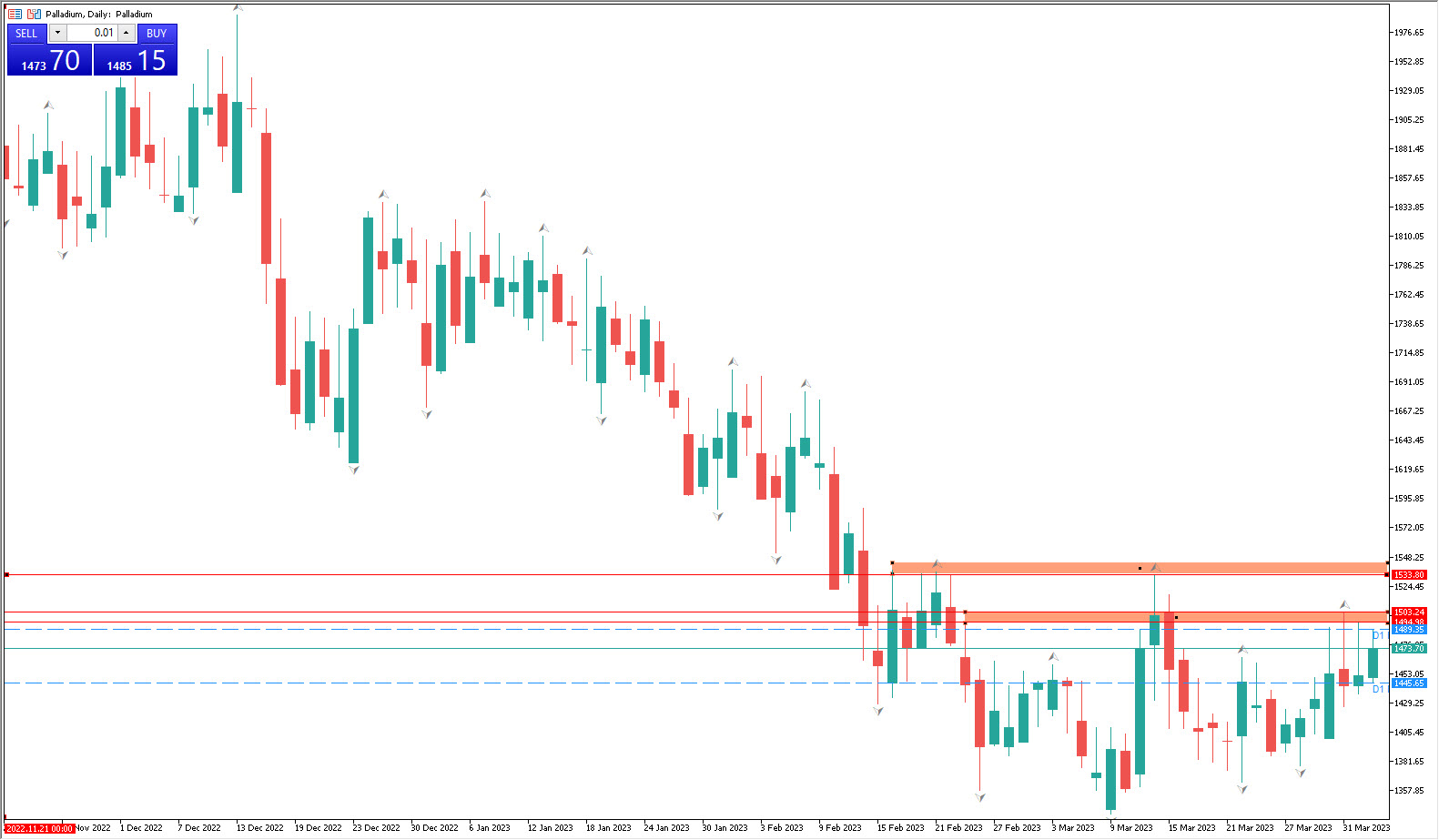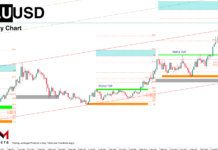Oil prices had been pressured by renewed concerns over the global growth outlook, and with Russian supply still finding its way to global markets, it seems OPEC+ saw a sufficient supply overhang to take steps. The alliance yesterday announced a larger cut in production targets. The move pushed prices higher, which will further depress the global growth and demand outlook. With inflation expectations revised up, gold also got a boost. Increased demand for biofuel will also impact agricultural commodity prices going forward.
Oil prices had struggled in recent weeks, as supply remained ample and demand expectations were capped by a sluggish rebound in China’s economy and concern about the impact of financial market tensions and central banks’ tightening paths. Russia had announced an output cut, but despite the sanctions Russia’s oil exports still were stronger than previously anticipated. Despite all this, yesterday’s OPEC+ announcement of an output cut came as a surprise.
 The organization and its allies announced a cut in production targets of more than 1 million barrels a day. The pledges bring the total volume of cuts by OPEC+ to 3.66 million bpd according to Reuters calculations. Yesterday’s announcement came a day before a virtual meeting of an OPEC+ ministerial panel, which had been expected to stick to the 2 million bpd of cuts that have been put in place until the end of 2023. Saudi Arabia led the cartel by pledging its own 500K a day supply reduction, and the decision signals unity across the alliance, while at the same time setting the stage for fresh confrontation with the West.
The organization and its allies announced a cut in production targets of more than 1 million barrels a day. The pledges bring the total volume of cuts by OPEC+ to 3.66 million bpd according to Reuters calculations. Yesterday’s announcement came a day before a virtual meeting of an OPEC+ ministerial panel, which had been expected to stick to the 2 million bpd of cuts that have been put in place until the end of 2023. Saudi Arabia led the cartel by pledging its own 500K a day supply reduction, and the decision signals unity across the alliance, while at the same time setting the stage for fresh confrontation with the West.
Some see oil prices moving up to $100 per barrel once again, though the decision will add upward pressure on inflation and complicate central bank outlooks. Base effects should still keep a lid on headline inflation.
But, if oil prices really pick up further, the official rate path may also be higher, which would weigh on growth outlooks and in turn demand for oil.
Markets remain optimistic than Chinese activity and thus oil demand will pick up later in the year. As long as overly aggressive monetary policy action in the US and elsewhere doesn’t hurt world growth substantially, oil prices should remain supported now.

Gold dropped to a low of $1,949.72 initially in as markets reacted to OPEC’s unexpected announcement of an output cut, which saw investors adjusting growth and monetary policy expectations. The USD got an initial boost but has since dropped back again as yields started to pare early gains.
Bullion held on to most of yesterday’s gains and is currently trading at $1986.06 per ounce, close to yesterday’s $1985.59 high. Investors continue to assess the Fed outlook after yesterday’s disappointing ISM report and the surprise production cut from OPEC+. Gold was pressured in the wake of the announcement as traders priced in more rate hikes, but the weak manufacturing report saw Treasury yields correcting and gold picking up again.
Investors are now looking ahead to US employment data and so far bullion has traded within a relatively narrow range today.
Click here to access our Economic Calendar
Andria Pichidi
Market Analyst
Disclaimer: This material is provided as a general marketing communication for information purposes only and does not constitute an independent investment research. Nothing in this communication contains, or should be considered as containing, an investment advice or an investment recommendation or a solicitation for the purpose of buying or selling of any financial instrument. All information provided is gathered from reputable sources and any information containing an indication of past performance is not a guarantee or reliable indicator of future performance. Users acknowledge that any investment in Leveraged Products is characterized by a certain degree of uncertainty and that any investment of this nature involves a high level of risk for which the users are solely responsible and liable. We assume no liability for any loss arising from any investment made based on the information provided in this communication. This communication must not be reproduced or further distributed without our prior written permission.





















